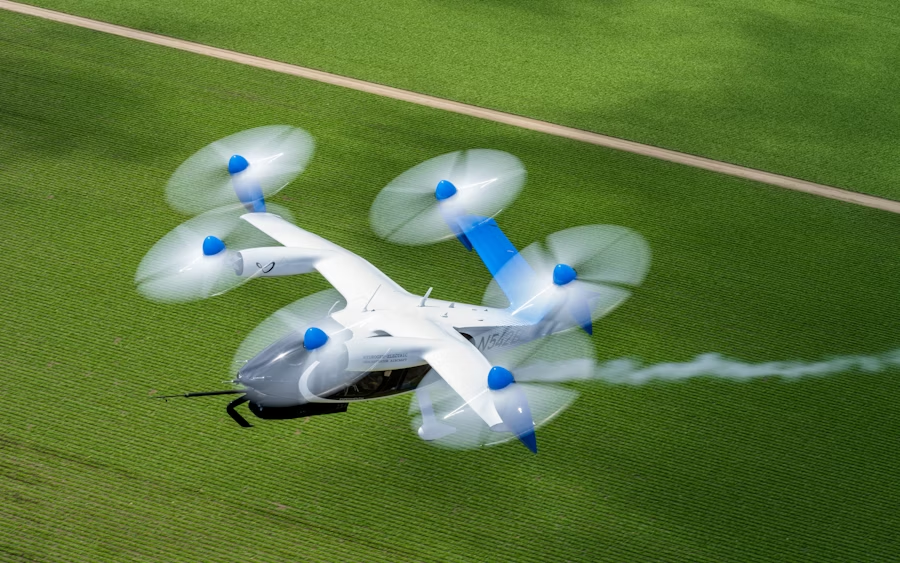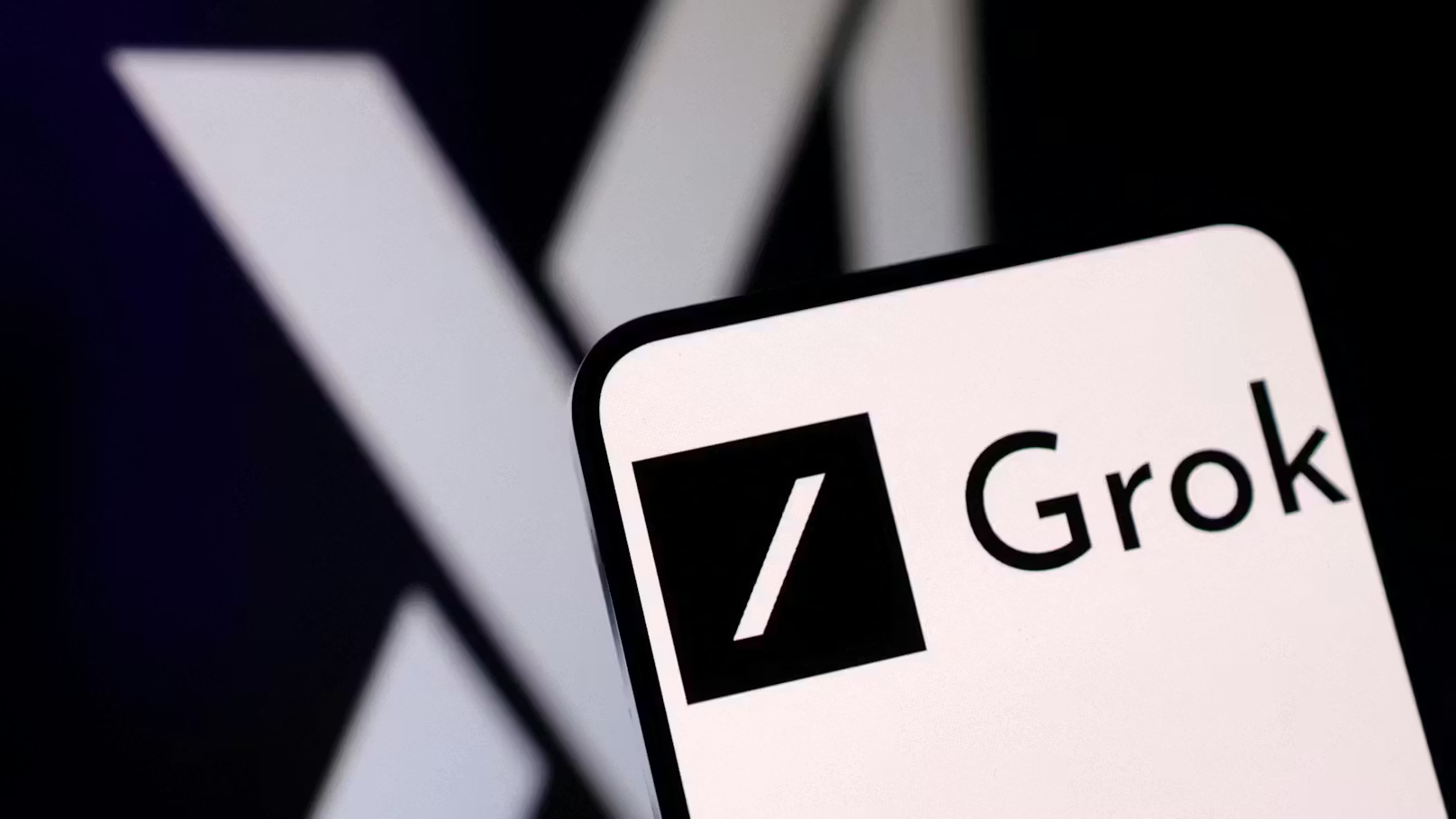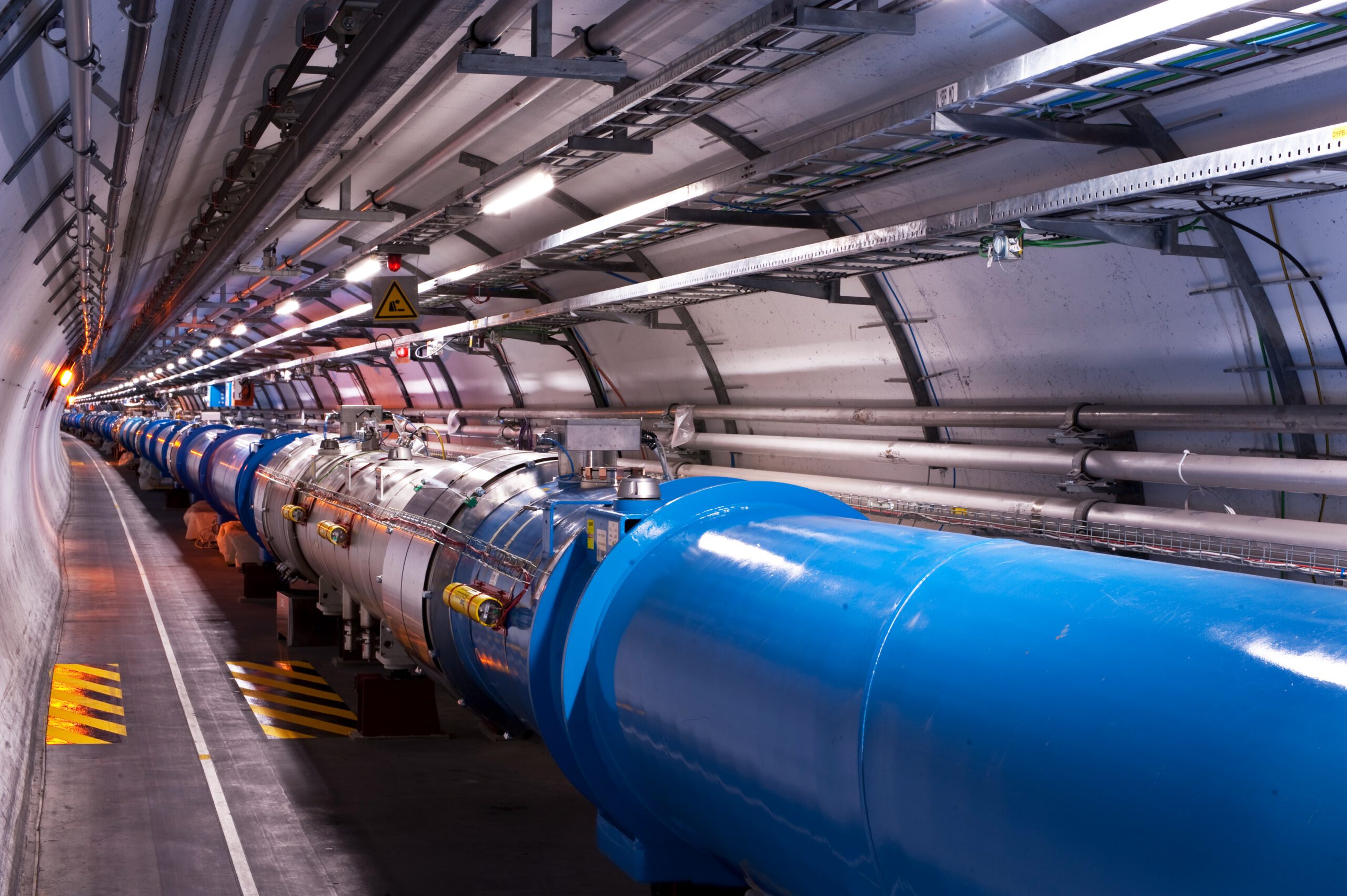In a groundbreaking achievement for sustainable aviation, Joby Aviation‘s hydrogen-electric air taxi demonstrator aircraft has completed a record-breaking 523-mile flight, producing only water as a direct by-product. This milestone flight showcases the immense potential of hydrogen technology to revolutionize the way we travel, enabling emissions-free regional journeys and paving the way for a greener future in aviation.
The successful demonstration flight marks a significant step forward in the development of hydrogen fuel cell technology for aircraft. As Livescience reports, by converting hydrogen into electricity, water, and heat in the presence of oxygen, the aircraft’s fuel cells power its rotors while releasing only water as waste. This clean and efficient process holds the promise of drastically reducing the aviation industry’s carbon footprint.
Compared to traditional fossil fuel-based aircraft, hydrogen-electric air taxis offer numerous advantages. In addition to their minimal environmental impact, these innovative aircraft are notably quieter, making them more suitable for urban and suburban operations. Moreover, the potential for lower operating costs could drive consumer demand and shape the future landscape of air travel.
“Joby is a stellar example of why California continues to lead the world in clean technology and high-tech manufacturing,” said Dee Dee Myers, Senior Advisor to California Governor Gavin Newsom and Director of the Governor’s Office of Business and Economic Development. “Their pioneering work to decarbonize aviation, by advancing battery and now hydrogen fuel cell technology, is helping to fight climate change and create a clean energy future that will improve the lives of all Californians.”
How Does it Work?
Hydrogen fuel cell technology is a promising solution for sustainable aviation. In this technology, hydrogen is converted into electricity, water, and heat in the presence of oxygen, powering the aircraft’s rotors while releasing only water as a waste product.
Compared to traditional fossil fuel-based aircraft, hydrogen-electric aircraft offer several benefits. They produce significantly lower emissions, making them a more environmentally friendly option. These aircraft also operate more quietly, reducing noise pollution. Additionally, hydrogen-electric aircraft have the potential for lower operating costs, which could make air travel more accessible and affordable in the future.
However, the cost of hydrogen production and distribution remains a crucial factor in determining the viability of hydrogen-electric aircraft for widespread adoption. Further research and development are needed to optimize these processes and make hydrogen-electric aviation economically feasible.
“Traveling by air is central to human progress, but we need to find ways to make it cleaner. With our battery-electric air taxi set to fundamentally change the way we move around cities, we’re excited to now be building a technology stack that could redefine regional travel using hydrogen-electric aircraft,” said JoeBen Bevirt, founder and CEO of Joby as reported by iflscience.
Image credit: Joby Aviation




























